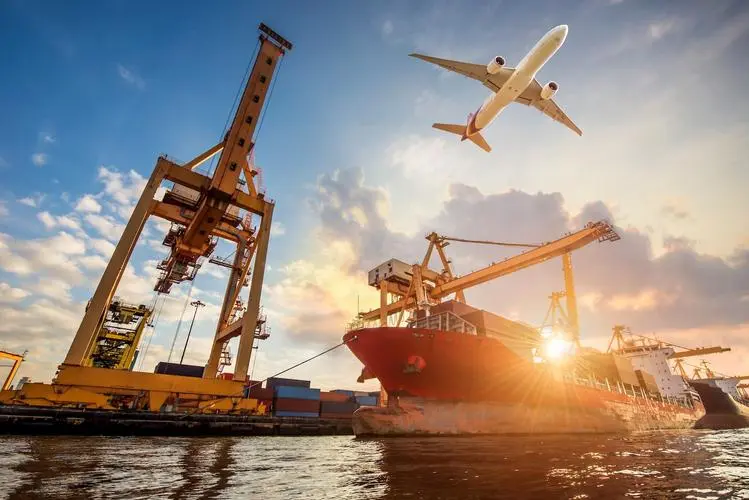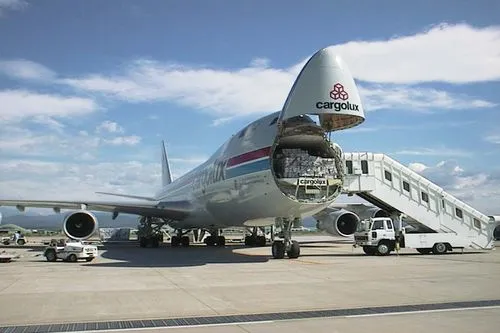Should we choose air freight or sea freight for transporting special goods?
The transportation of special goods involves more considerations, and whether to choose ocean freight shipping or air freight requires enterprises to weigh multiple aspects. The following text will provide an in-depth analysis of when to choose ocean freight shipping and when to choose shipping by air cargo in different contexts, in order to provide guidance for enterprises to make wise decisions in international freight transportation.
1. Determination of cargo characteristics: balance between sensitivity and stability
Firstly, the key to determining whether to ship ocean freight or air freight lies in the characteristics of the goods themselves. For goods with high environmental sensitivity, such as drugs, electronic devices, etc., the fast and controllable characteristics of shipping by air cargo may be more suitable. For some goods that are not time sensitive, ocean freight shipping can provide a more economical option.
2. Time constraints: Air freight helps the market respond quickly
When the transportation time of goods is very urgent, choosing shipping by air cargo is undoubtedly a wise move. Shipping by air cargo can provide faster transportation services, help enterprises respond to market demand more quickly, adapt to the requirements of urgent projects, and is the best choice to quickly reach the destination in a short time.

3. Volume and weight considerations: Shipping by air cargo is suitable for small and lightweight goods
The volume and weight of goods are one of the key considerations when choosing a transportation method. For relatively small and lightweight goods, shipping by air cargo may be more suitable, as the transportation cost of shipping by air cargo is usually proportional to the volume and weight of the goods. For large volume and heavy goods, ocean freight shipping may be a more economical option.
4. Transportation costs and budget: Air freight is efficient but costly
The balance between transportation costs and budget is a question that enterprises need to carefully consider when making transportation mode choices. Although shipping by air cargo provides efficient transportation services, the corresponding transportation costs are also higher. Enterprises need to comprehensively consider the market value of goods to ensure that the chosen transportation method is economically reasonable and meets the budget constraints of the enterprise.

5. Feasibility and controllability requirements: Shipping by air cargo is flexible, and ocean freight shipping is stable
Special goods may have higher requirements for the feasibility and controllability of transportation. Air freight has higher controllability in transportation time, environmental control, and is suitable for goods that require high stability in the logistics chain. On the other hand, ocean freight shipping strikes a balance between stability and economy, making it a more feasible choice for certain large quantities of special goods that are not limited by time.
6. Tariffs and regulations: The impact of ocean freight shipping or shipping by air cargo on customs clearance
The transportation of goods across borders involves tariff and regulatory requirements. When choosing transportation methods, enterprises need to consider the impact of different transportation methods on the customs clearance process. Shipping by air cargo usually provides faster customs clearance services, but the corresponding clearance fees may also be higher. Enterprises need to weigh the speed and cost of customs clearance and make wise choices based on the specific situation of the goods.

7. Risk management: prioritizing cargo safety
The transportation of special goods involves higher risks, including cargo safety, damage, and other aspects. When choosing transportation methods, enterprises need to fully consider the degree of security that different transportation methods provide for goods. Air freight usually provides more stringent security measures, which may be a safer choice for some high-value and vulnerable goods.
Conclusion: Flexible selection based on actual needs
In the transportation selection of special goods, enterprises need to make decisions based on actual needs and situations. Fully understand the characteristics of the goods, transportation time requirements, volume and weight, and comprehensively consider factors such as economy, feasibility, and risk management to flexibly choose ocean freight shipping or shipping by air cargo to meet the best transportation needs of the goods.




